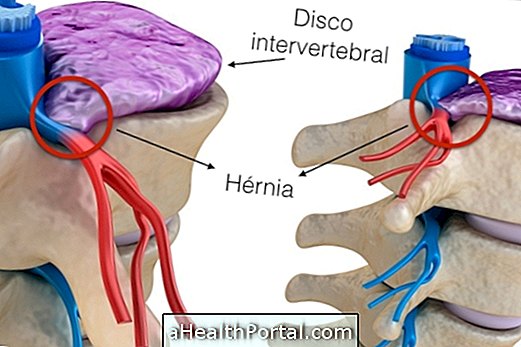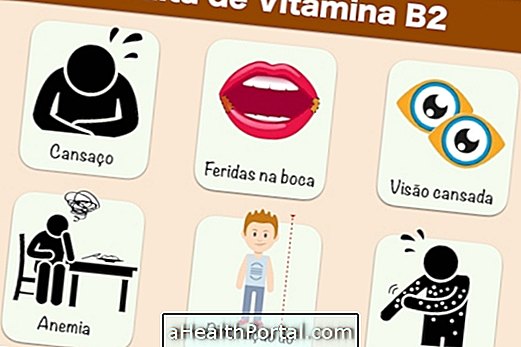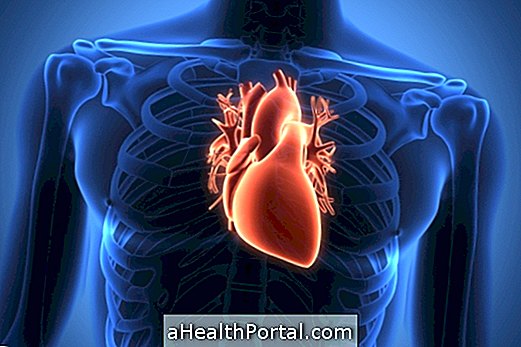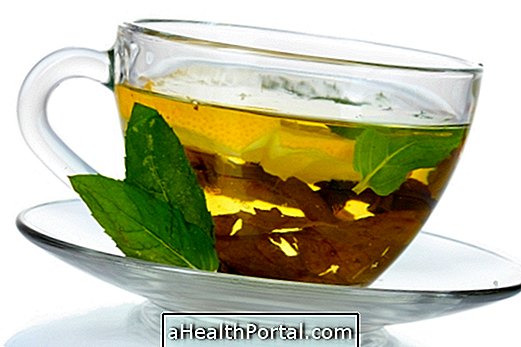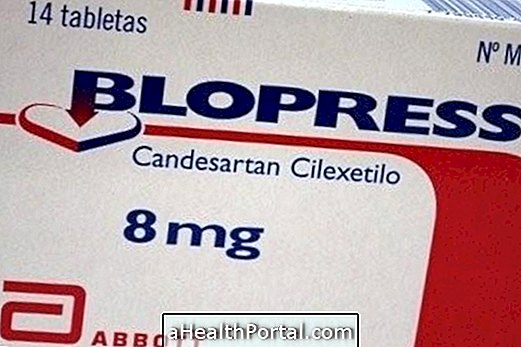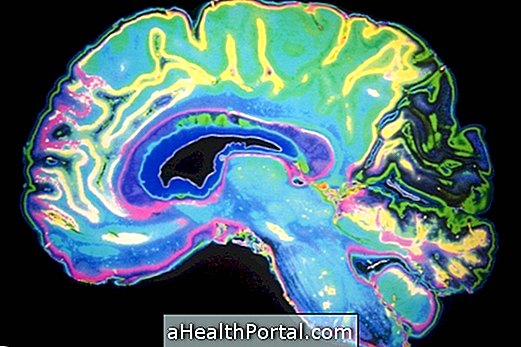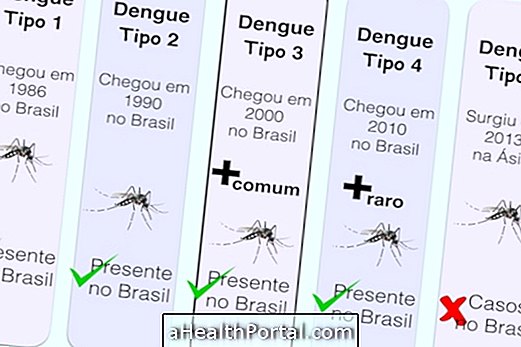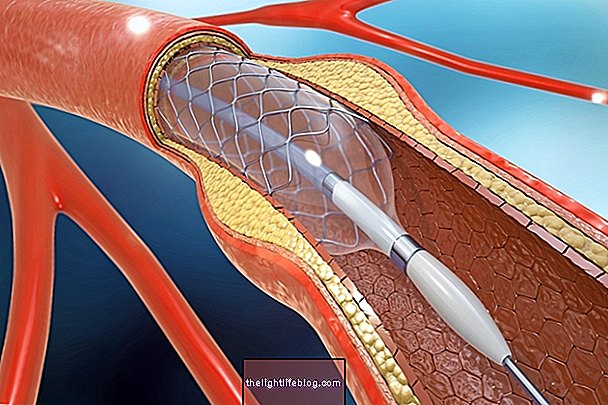Botulism is a serious but rare disease caused by the toxin produced by the bacterium Clostridium botulinum, which can be found in soil and in poorly maintained foods. Infection by this bacteria can cause gastrointestinal symptoms, such as nausea, vomiting and diarrhea, and if left untreated, may result in muscle impairment.
According to the way toxin and bacteria enter the body, the disease can be classified into:
- Food botulism, in which people acquire the bacteria by eating contaminated food or stored improperly;
- Injury botulism, in which Clostridium botulinum inflicts the person through contamination of the wounds, mainly chronic ulcers, fissures or wounds caused by needles in injecting drug users;
- Intestinal botulism, in the bacteria is fixed in the intestine and multiplies, having the production of toxin and absorption by the body. This type of botulism is more common in people who have had intestinal surgeries, have Crohn's disease or have used antibiotics for a long time, which changes the intestinal microbiota.
It is important that botulism be identified through blood and microbiological examinations to initiate treatment and prevent disease progression, which may result in disability or death.

Main symptoms
The symptoms of botulism usually appear between 4 and 36 hours after the toxin enters the body. The higher the concentration of toxin in the blood, the sooner symptoms appear, the main ones being:
- Dry mouth;
- Double vision;
- Fall of the upper eyelid;
- Difficulty focusing on nearby objects;
- Nausea;
- Fever;
- Vomiting;
- Cramps;
- Diarrhea;
- Difficulty talking and swallowing;
- Progressive weakness of the respiratory muscles;
- Weakness of leg muscles.
As the disease progresses, the symptoms become more severe and debilitating, mainly due to the weakness of the respiratory muscles, which results in difficulty in breathing.
In the case of infant botulism, which is characterized by bacteria entering the body and subsequent production of toxins, the clinical picture can range from mild constipation to sudden death. Therefore, it is important to identify botulism early on in the symptoms so that treatment can be done. Learn more about baby botulism.
Causes of botulism
Botulism is mainly caused by the consumption of food contaminated by the bacteria and its toxin. The main cause of childhood botulism is the consumption of honey before the first year of age, because at this stage the baby does not yet have a well-developed immune system, being prone to infections by opportunistic bacteria.
Homemade preserves also pose a high risk of infection with Clostridium botulinum, because the presence of moisture and nutrients and in the absence of oxygen, the bacteria can multiply and produce toxins capable of resisting the digestive enzymes of the body, resulting in food poisoning.
Vegetables, fish, fruits and condiments are the most common food sources. Beef, dairy, pork and poultry and other foods may also contain the bacterium or botulinum toxin. Here's how to avoid contaminating food.
How is the diagnosis made?
The diagnosis of botulism is made by the physician from the analysis of the symptoms presented by the patient, as well as blood or stool tests that indicate the presence of the bacteria in the body. After the diagnosis of the disease, the treatment is initiated and preferably carried out in a hospital setting from the administration of anti-botulinum serum that aims to neutralize the effects of the toxin in the body. Understand how botulism is treated.
How to avoid
The best way to prevent botulism is by cleaning the food before preparing and consuming it, in addition to paying attention to the storage conditions, not leaving the food in an environment with a temperature above 15ºC, for example. In addition, it is recommended to avoid the consumption of canned foods that are in stewed cans or glasses, or that have a change in the smell or the aspect of the food.


